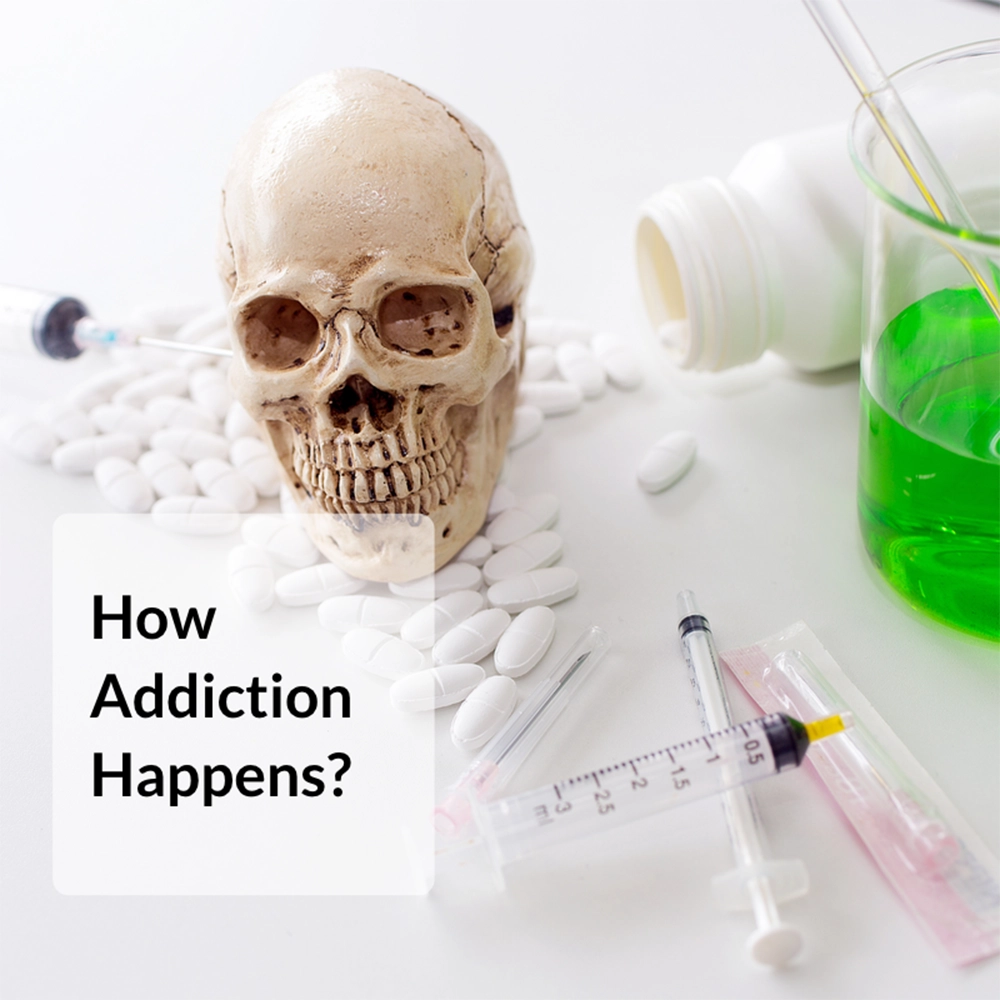Drug addiction is a pressing issue not just in Canada but around the world. According to the Council of British Columbia’s Health Officer, 47,000 yearly Canadian deaths are attributed to drug abuse. The Canadian Centre on Substance Abuse also stated that the health care system has spent $8 billion for substance abuse cases while the Canadian government spends $95 on the incarceration of substance users and $5 on drug rehabilitation.
The Ugly Face of Drug Addiction
In the previous years, drug abuse has been an increasingly growing problem among Canadian adults and youths, regardless of gender and age. The harmful and excessive use of drugs other than for medication purposes leads to numerous health problems that affect the overall well-being of the person. There are signs and symptoms of drug addiction and abuse that could help determine the problem at an early stage for immediate treatment or intervention:
- One of the tendencies of drug addicts is to increasingly and regularly use the drug several times every day even to the point of endangering themselves and other people.>
- Drug abuse affects people in different ways and levels but you would know addiction when they start neglecting and not giving importance to things they prioritize before. These may include family, friends, work, school, social activities, recreations, and other commitments.>
- The person that is hooked into drugs spends an enormous amount of time using, accessing, and recovering yet going back to using drugs.>
- Drug addicts become secretive particularly on their financial spending and their tendency to overspend on drugs just to satisfy their compulsive cravings.>
- Substance abusers may eventually resort to illegal and risky activities such as stealing money or driving without caution. >
- Drug addiction leads a person to have cognitive and memory problems as well as keeping up with their commitments. >
- Some of the physiological manifestations of drug problems include nausea and vomiting, bloodshot eyes, sleeping disorders or sleep pattern changes, and decreased appetite.>
Drug Tolerance and Overdose
Substance abuse results in the need for a higher dosage in order to achieve the same effects and this is how a drug addict develops tolerance to drugs. Consequently, drug users who have higher and increased tolerance are also the most susceptible to a drug overdose. An overdose happens when the substance user consumes more drugs than his body can handle. There are serious and permanent symptoms of a drug overdose and in worse scenarios, death. The common symptoms of drug overdose include seizures, dilated or pinpoint pupils, bluish skin, loss of consciousness and eventually coma, alteration in the breathing rate, heart rate, and blood pressure, and hypothermia or hyperthermia.
Drug addiction destroys lives not just of the ones addicted to drugs but the people around them as well. The good news is that Canadian drug dependents and abusers can now access support efforts, treatment systems, services, and programs that comprehensively address the problems of illicit and prescription drugs. There are also continuous researches on newer treatment models that cater to the individual needs of the drug dependent.







